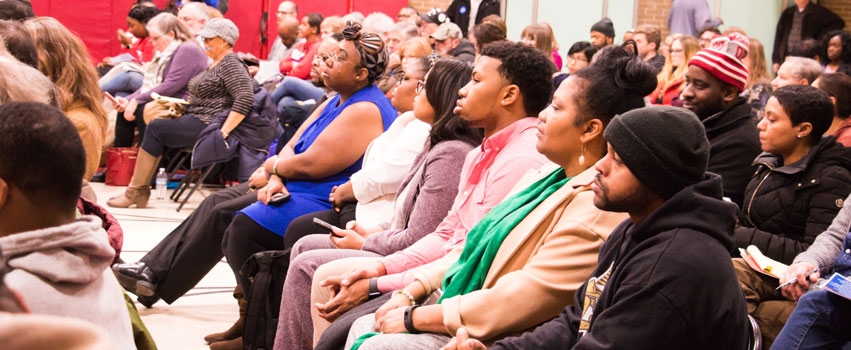Changing the Tax Structure
Family farms are businesses. Whether small or large, a farm cannot be moved. The family that is farming it will have to stay put if they want to continue to farm. But whenever a tax or fee is increased or imposed, it takes hard-earned money away from farmers and places it into the hands of politicians.
Taxes and Population Decline
In recent years, Illinois farmers have seen the reinstatement of the income tax rate at 4.95 percent; doubling of the gasoline tax from 19 to 38 cents a gallon; a vehicle registration fee increase from $101 to $151, and a significant increase in licensing fees on trucks, which many farmers find necessary to own in order to transport their crops.
Since farmers cannot move their farms, they are locked into paying property taxes, and as homeowners know, Illinois has one of the highest property tax rates in the nation. They are also paying taxes on machine sheds, livestock buildings and grain bins—all necessities for a successful farm operation. And now, citizens face the “Illinois Fair Tax,” a proposal to change the state income tax system to a progressive, or graduated income tax.
Illinois currently has a flat income tax, which means everyone pays the same rate. If you earn more, you pay more. Illinois is one of nine states with a flat income tax rate. Thirty-two states have a progressive income tax, seven states have no income tax, while two states exclusively tax dividends and interest income.
2019 marked the sixth consecutive year of population decline in Illinois. Of the five fastest-growing states in population over the last 10 years, three have no income tax and two have a flat tax. Of the five states that have lost the most population, four have a progressive tax and just one has a flat tax (that is Illinois). In general, people are moving to states with no income tax or a flat tax.
A Constitutional Decision
On November 3, voters will decide whether or not to change the Illinois Constitution and empower elected officials to decide who is taxed and how much. The proposed amendment is being marketed as reducing or keeping taxes the same for 97 percent of Illinois taxpayers. But the lowest tax bracket under the proposal is 4.75 percent (versus the current 4.95 percent). There would be no limit on the number of tax brackets, nor how high rates could be increased on individual taxpayers.
We need businesses and people to stay in Illinois. They are a cornerstone in supplying the foundation of jobs and our state’s resources. But those who will see higher tax rates are the wealthy, who have the resources to move out of Illinois and reset their foundation in a state with lower taxes where they can make progress.
Farmers are staying in Illinois. They have to stay. But they want the opportunity to choose how they put money back into the local economy. Higher fuel taxes, property taxes, licensing fees, trucking fees, and now another proposed income tax hike will trickle down and affect all of us. This constitutional change would further empower politicians in Springfield to selectively tax and spend more of our hard-earned dollars. In a free society, the people that earn a dollar should be able to spend that dollar as they choose. PM
